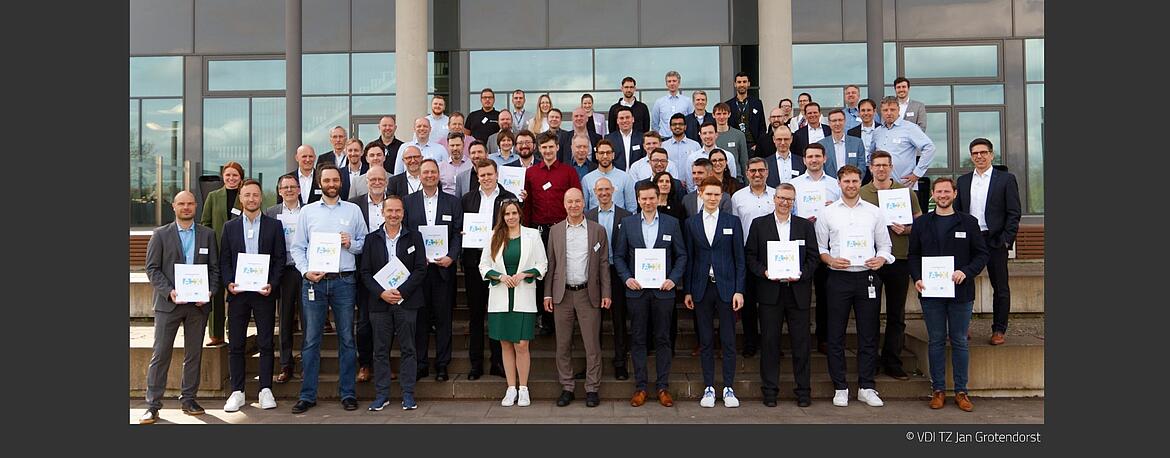Initial Situation:
In the aerospace industry, most work is currently conducted through traditional one-to-one relationships regulated by appropriate contracts. This has resulted in a lack of transparency in the supply chain beyond the direct partners in areas such as supply and production capacities, stock levels and planned changes to production rates. This is also evident in the deployment and distribution of data, including through the use of different data platforms, heterogeneous data structures and, in some cases, paper-based systems. Many small and medium-sized companies in the supply chain do not have consistent information and data processing systems in place. This makes it difficult for companies to receive data and to share it internally with the appropriate areas of the business, as well as to transfer it back to sub-suppliers and OEMs.
With supply chains and networks becoming increasingly complex, these practices are making it impossible for companies to work flexibly and sustainably in a way that is future-proof and allows them to compete on a global level. A digital data and communication infrastructure for the supply chain is essential to ensure that the growing demands of the aerospace industry and the need for increasingly complex components can still be met in the future.
Goals:
The aim of the consortium is to develop a standard for the data and communication infrastructure and to make it available to stakeholders in the aerospace supply chain. This infrastructure is intended to make it easier for small and medium-sized companies in particular to be connected to the supply chain.
Process:
The areas of application include the management of demand and capacity, the cross-company calculation of product carbon footprints and the creation of digital product passports for components and aircraft. The infrastructure will also contribute to the circular economy by supporting approaches such as recycling, secondary materials and reutilisation. Systems will also be created to assist with decision-making processes and to develop a consistent approach to quality and non-compliance management to enable the manufacture of future-proof, sustainable and high-quality aircraft.
Project website: www.aerospace-x.net/en.html




